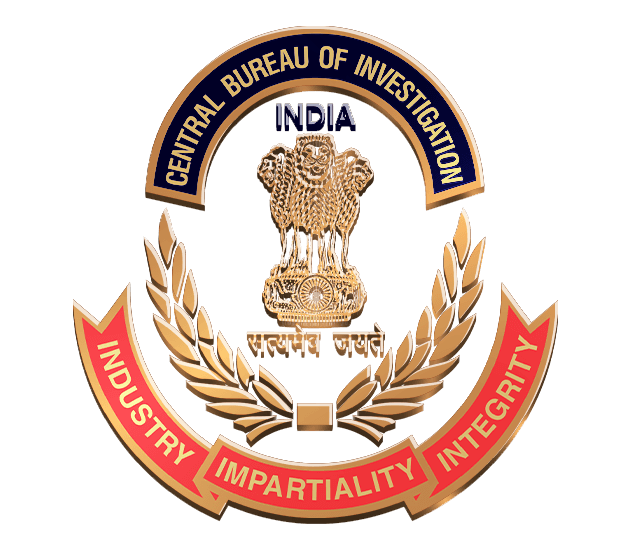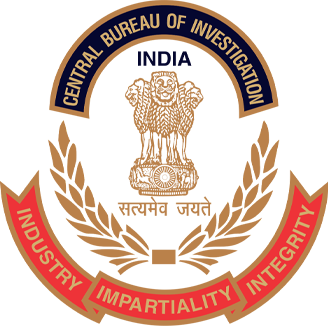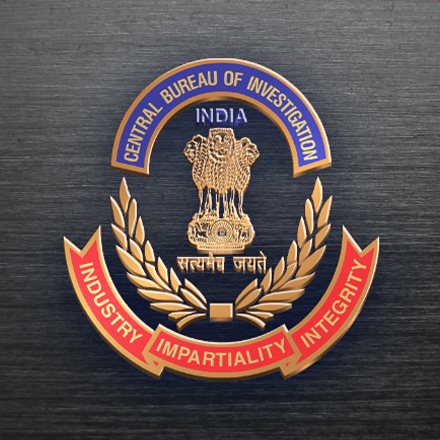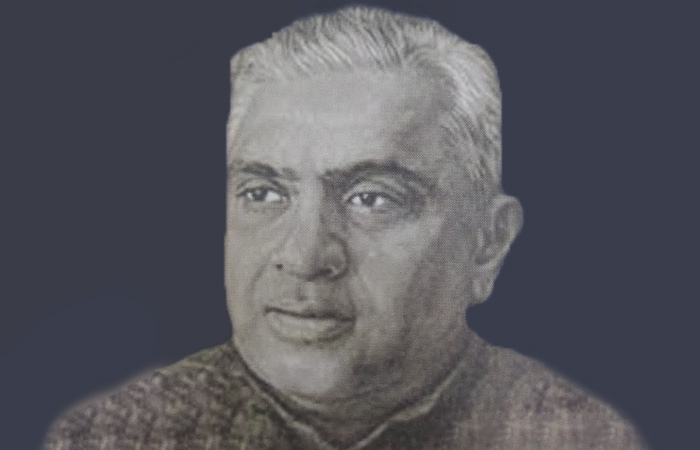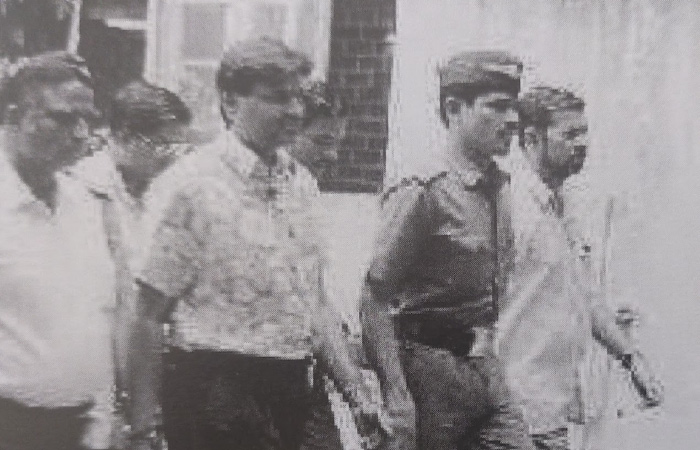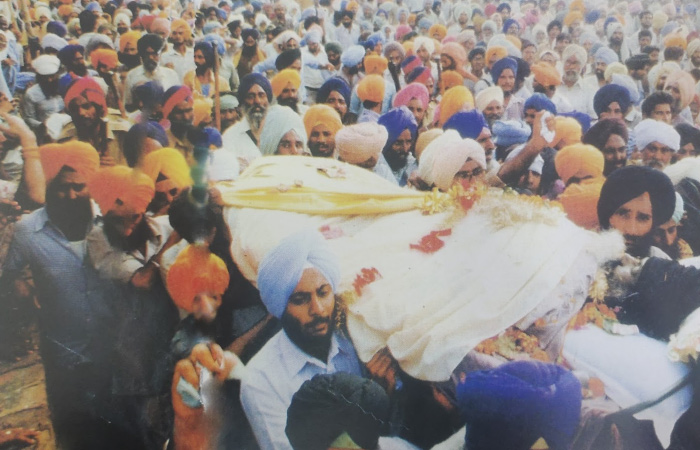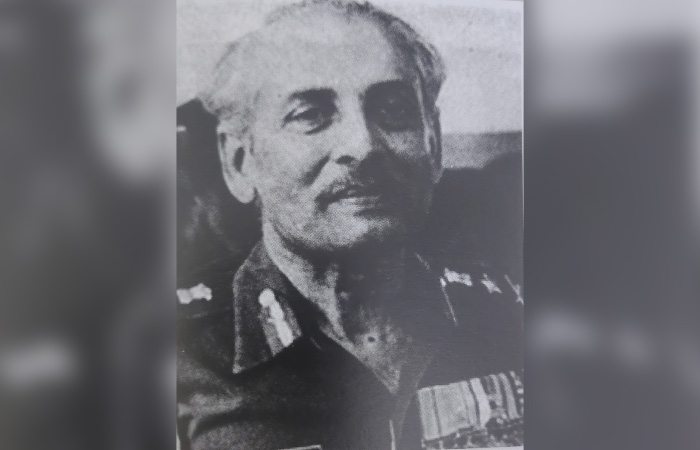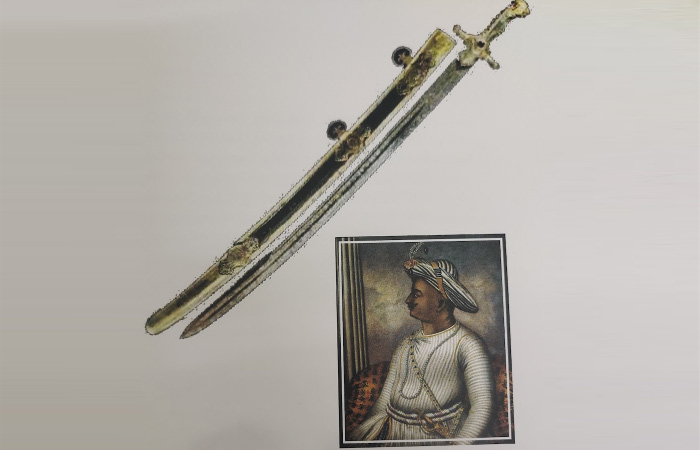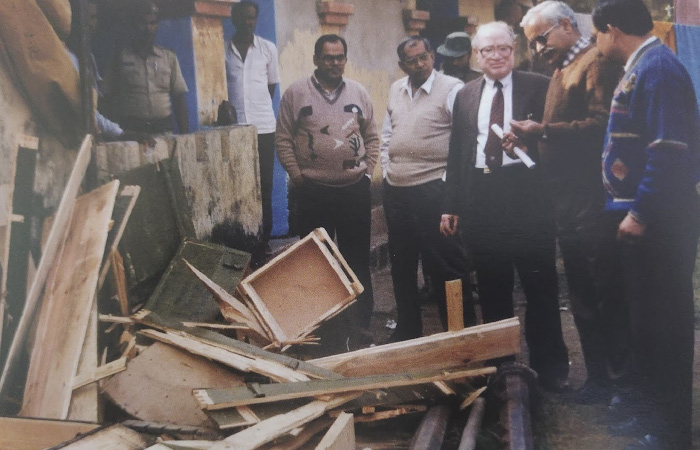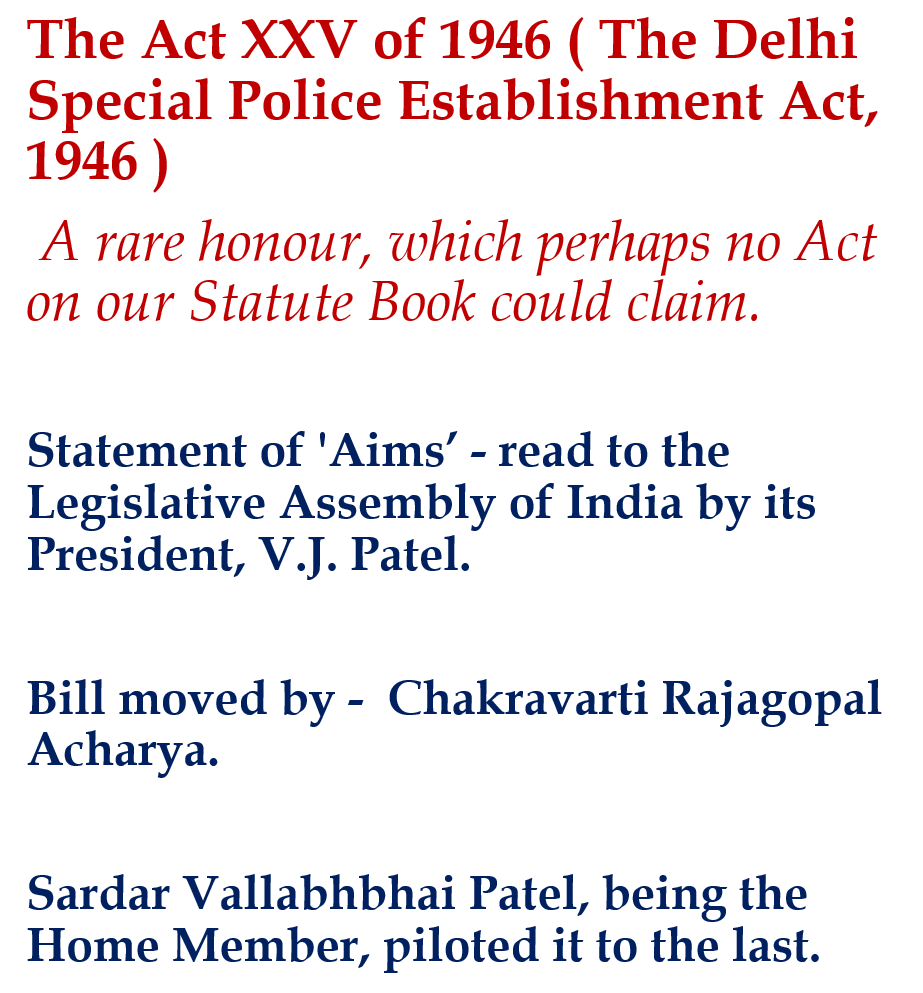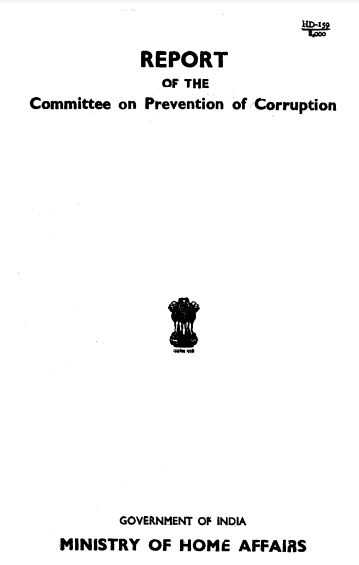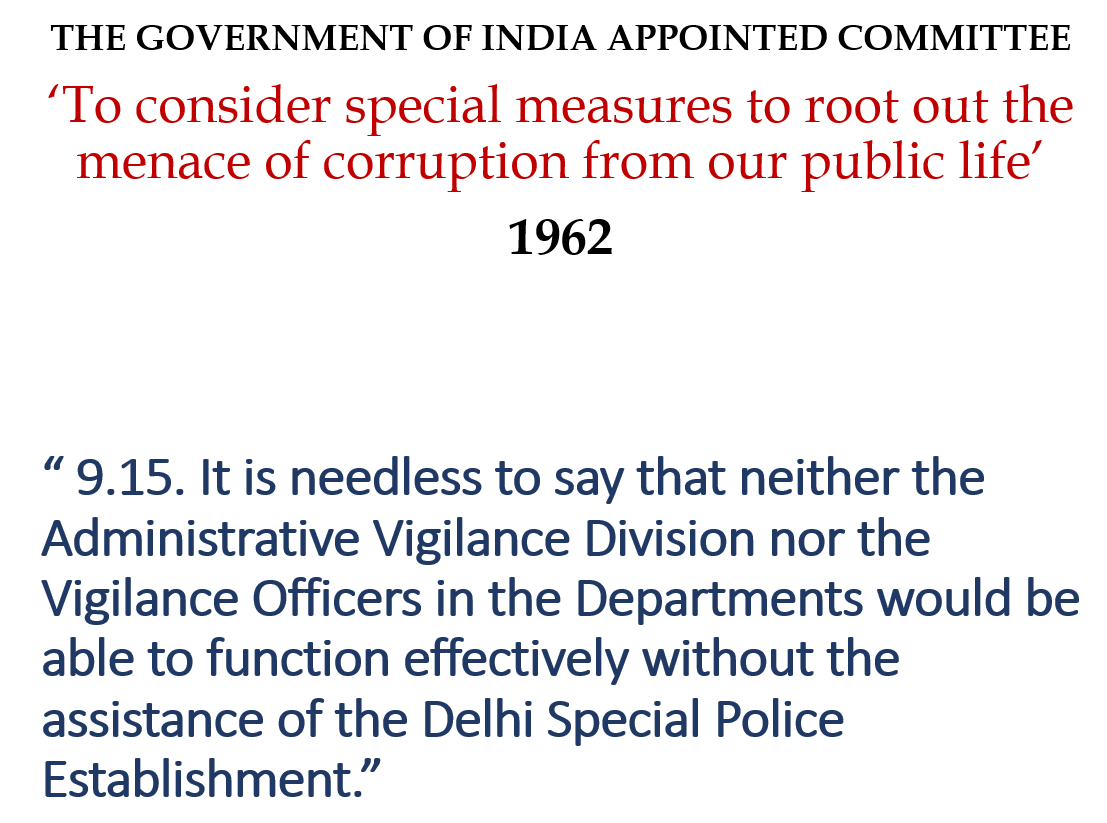

During the early stages of World War-II, the then Government of India
realized that the enormously expanded expenditure for purposes connected
with the war had brought about a situation in which unscrupulous and
antisocial persons, both officials and non-officials, were enriching
themselves dishonestly at the cost of the public and the Government. It
was felt that the Police and other Law Enforcement Agencies, which
functioned under the State Governments, were not adequate to cope with
the situation. It was under these circumstances, that the setting up of
a separate organization to investigate offences connected with these
transactions became a dire necessity. Consequently, the organization
known as the Special Police Establishment (S.P.E.) was created under a
Deputy Inspector General of Police by the Government of India, in 1941,
by an executive order.
The functions of the SPE were to
investigate cases of bribery and corruption in transactions with which
the War and Supply Department of the Government of India was concerned.
The superintendence of the SPE was vested in the then War and Supply
Department.
Towards the end of 1942, the activities of the SPE
were extended to include cases of corruption in the Railways also,
presumably because the Railways were strategically concerned with the
movement and supply of war material.
A Brief History of CBI
The Central Bureau of Investigation traces its origin to the Special Police
Establishment (SPE) which was set up in 1941 by the Government of India. The
functions of the SPE then were to investigate cases of bribery and
corruption in transactions with the War & Supply Deptt. Of India during
World War II. Superintendence of the S.P.E. was vested with the War
Department. Even after the end of the War, the need for a Central Government
agency to investigate cases of bribery and corruption by Central Government
employees was felt. The Delhi Special Police Establishment Act was therefore
brought into force in 1946. This Act transferred the superintendence of the
SPE to the Home Department and its functions were enlarged to cover all
departments of the Govt. of India. The jurisdiction of the SPE extended to
all the Union Territories and could be extended also to the States with the
consent of the State Government concerned.
The DSPE acquired its popular current name, Central Bureau of Investigation
(CBI), through a Home Ministry resolution dated 1.4.1963. Initially the
offences that were notified by the Central Government related only to
corruption by Central Govt. servants.
In due course, with the setting up of a large number of public sector
undertakings, the employees of these undertakings were also brought under
CBI purview. Similarly, with the nationalisation of the banks in 1969, the
Public Sector Banks and their employees also came within the ambit of the
CBI.
Founder Director
The founder director of the CBI was Shri D.P. Kohli who held office from 1st
April, 1963 to 31st May, 1968. Before this, he was Inspector-General of
Police of the Special Police Establishment from 1955 to 1963. Before that he
held responsible positions in police in Madhya Bharat, Uttar Pradesh and
Govt. of India. He was Police Chief in Madhya Bharat before joining the SPE.
Shri Kohli was awarded 'Padma Bhushan' in 1967 for his
distinguished services.
Shri Kohli was a visionasry who saw in the Special Police Establishment the
potential of growing into the national investigative agency. He nurtured the
organisation during his long stint as Inspector General and as Director and
laid the solid foundation on which the organisation grew over the decades to
become what it is today.
While inaugurating the 4th Biennial Joint Conference of the CBI and State
Anti-Corruption Officers, Shri Kohli told the delegates: "The public expects the highest standard from you both in efficiency and integrity. That faith has to be sustained. The motto of the CBI - Industry, Impartiality and Integrity: these must always guide your work. Loyalty to duty must come first, everywhere, at all times and in all circumstances."
Emergence as India’s premier Investigative Agency
From 1965 onwards, the CBI has also been entrusted with the investigation of
Economic Offences and important conventional crimes such as murders,
kidnapping, terrorist crimes, etc., on a selective basis.
The SPE initially had two Wings. They were the General Offences Wing (GOW)
and Economic Offences Wing (EOW). The GOW dealt with cases of bribery and
corruption involving the employees of Central Government and Public Sector
Undertakings. The EOW dealt with cases of violation of various
economic/fiscal laws. Under this set-up, the GOW had at least one Branch in
each State and the EOW in the four metropolitan cities, i.e, Delhi, Madras,
Bombay and Calcutta. These EOW Branches dealt with offences reported from
the Regions, i.e, each Branch had jurisdiction over several States.
Widening Role
As the CBI, over the years, established a reputation for impartiality and
competence, demands were made on it to take up investigation of more cases
of conventional crime such as murder, kidnapping, terrorist crime, etc.
Apart from this, even the Supreme court and the various High Courts of the
country also started entrusting such cases for investigation to the CBI on
petitions filed by aggrieved parties. CBI is not only a premier anti
corruption investigative agency in India but it has also the experience of
handling high profile conventional crimes, economic offences, banking frauds
and crimes with international linkages. The CBI is designated as the
National Central Bureau of India for ICPO-INTERPOL.
